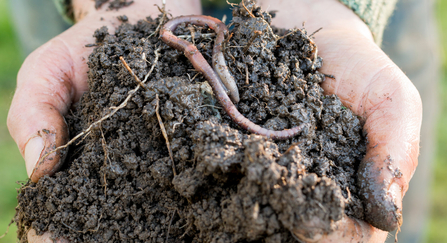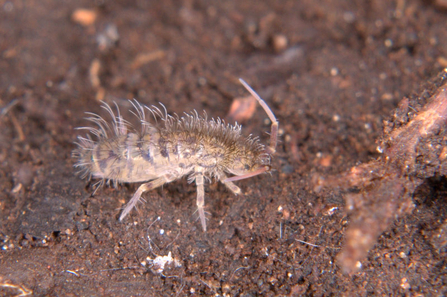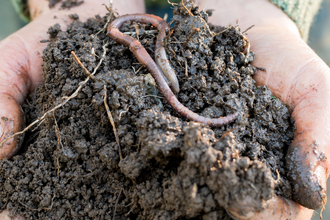Soils: a unique natural ecosystem
Soil is extraordinary. An encyclopaedia would be needed to describe how the many types of soil have been formed, how they work and what the infinite, intimate relationships within soils - between the geological, biological and chemical elements, below and above ground – are.
And that would soon be out of date given the rate of new science revealing the deep nature of soil from its mycorrhizal fungi and root connections to the role of springtails and worms, as well as the water, air and microbial flow and role of soil structures.
Another huge book would be required to summarise soil’s role in the natural processes on which we and most of nature depends.
For us humans, it’s the foundation on which most food, clothing, fuel, water management, nutrient management, natural waste management, buildings and infrastructure support, carbon stores (over 10 billion tonnes of carbon in the UK) depend.
It is home to a wide range of biodiversity, sustains most of the rest of wildlife and underpins some of our most valued landscapes.
And soil is not a ‘thing’. It’s a complex system of interdependencies, built up over thousands of years.





